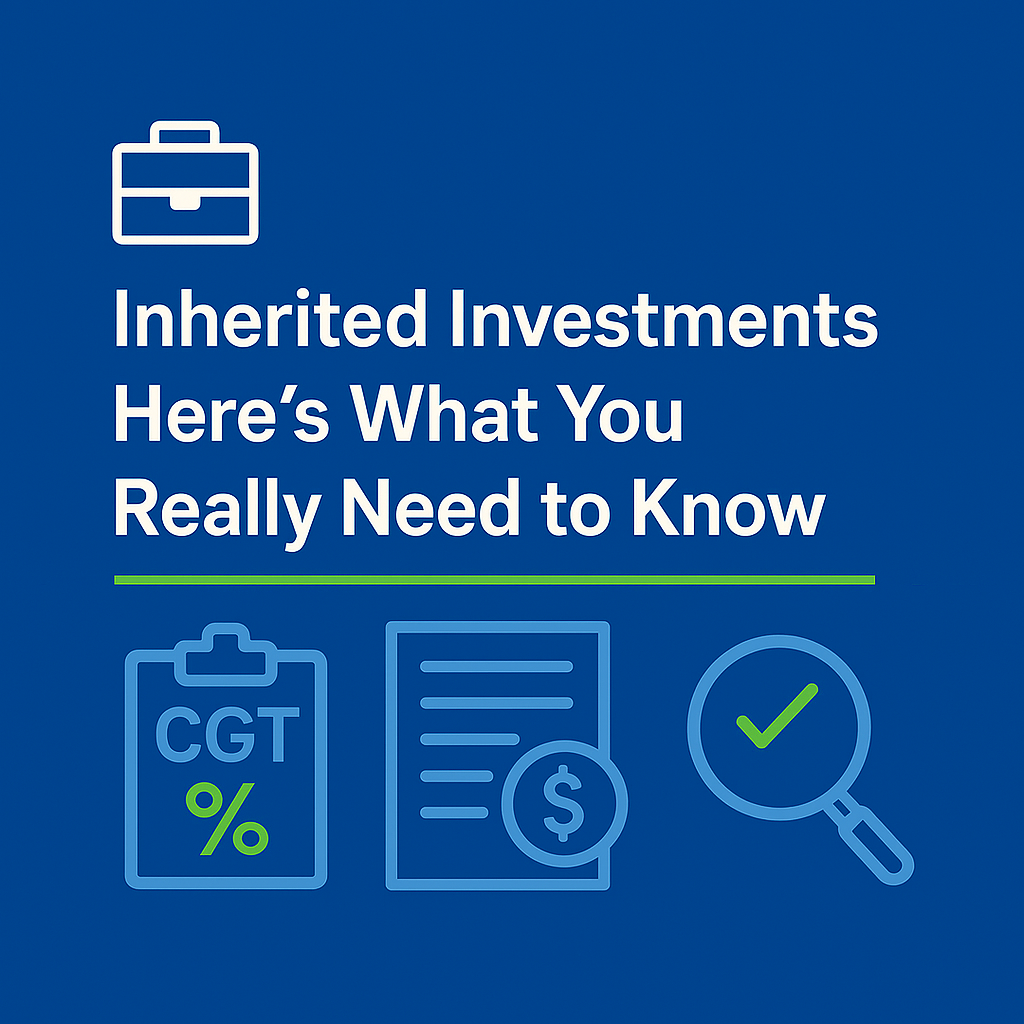Selling a property with mixed rental and residential use
Selling a property that may have been used for mixed rental and residence purposes has a lot of capital gain tax (CGT) issues – and some of these also involve exercising good judgment as to how to best use the relevant CGT concessions.
By way of example, if you retain your original home and rent it after you have purchased your new home, you will have to make a decision about whether you want to retain a full CGT exemption on the original home (or maximise it, at least) or whether you want the full exemption to apply to the new home.
(But there are also ways that you can, in effect, have your cake and eat it too!)
On the other hand, where you rent a property first and then afterwards live in it, then various concessions that may help reduce your CGT liability may not be available.
Further, there are important CGT rules and concessions that apply to a home that has been used for such mixed use where the owner dies and then it is later sold by beneficiaries. These can be complex, but if applied with good planning can have (very) good outcomes.
And then, of course, there is the issue of how you actually calculate any partial capital gain (or loss) in respect of a property that has been used for both rental and as a residence in circumstances where it is not possible to get a full exemption on it.
And these calculation issues can involve determining whether you can use a market value cost at any time in the process and how you can account for any non-deductible mortgage interest (and other non-deductible costs).
There is also the issue of whether you need to write-off any amounts for which you have claimed a deduction (such as building write-off deductions). In this regard, there is also the issue of whether you have actually claimed write-off amounts and therefore whether you need to write the amounts back in in any way (and the result may surprise you).
And crucially, there is also the issue of whether any partial capital gain can qualify for the very generous 50% CGT discount. (And in this regard, interestingly the tax concession that costs the government the most in foregone revenue in most financial years is the CGT discount applying to a partial exemption on a home!)
Of course, there are a lot of planning issues surrounding a property that you purchase with mixed intentions of both wanting to live in it and rent it.
For example, if you live in it first on a genuine (bona-fide) basis then you can access a concession that allows you to retain its full CGT exemption for up to six years.
Furthermore, if you rent it for more than six years and have to calculate a partial CGT exemption you can usually get the benefit of a market value cost at the time you first rent it to calculate this partial gain.
As can be seen, there are an array of CGT issues surrounding the selling of a property used for mixed rental and residence use – including the need to determine how to best use (and choose) various concessions to minimise any potential CGT liability.
So, if you are in this position – or even thinking of buying a property that may be used for this mixed purpose – come and have a chat to us.











